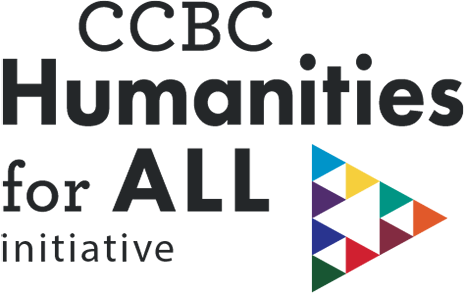
POLS 131 Comparative Government and Politics: Modern Political Systems
Have you ever stopped to wonder how this country is run? The midterm elections are coming up (November 8) and more than ever, your voice counts. However, just the theme of politics can be a turn-off and, for many, the various policies, debates, and candidates to choose from can seem like a headache you could do without. Throw in international politics and how governments differ from country to country and you might not want to watch the news ever again.
This is where humanities can come in handy. Did you know at CCBC we have an honors class that not only breaks down what politics are in general but also how they differ from country to country? Welcome to POLS 131 Comparative Government and Politics: Modern Political Systems.
Before understanding how politics works in the United States country, POLS 131 takes a step back and describes how politics were initially introduced and how the first governments were formed, and with which ideals. During the course, students learn about the first types of government and politics among the Ancient Greeks, and later, how modern governments emerged in the 16th and 17th centuries and how they differed from previous political organizations.
By studying a variety of countries, students move beyond concepts to concrete examples of how global politics and the culture of politics vary from country to country. The countries examined include the U.S., Great Britain, France, Germany, Italy, and Japan; modern post-communist states (e.g., Russia); contemporary authoritarian states (e.g., China, Iraq, Iran); and developing nations in Latin America, Asia, and Africa (e.g., Mexico, Brazil, India, Indonesia, Nigeria, South Africa). Giving students a broad range of different ideologies will hopefully explain how some countries have a stable democracy, while others struggle to do so.
Upon completion of the course, students will be able to explain the importance of the concept of the political environment, including political culture and the material environment— phrases you may have heard in passing before but will now be able to discuss in detail. Students will also be able to describe the various forms of political groups, representative assemblies, contemporary executive leadership structures, and contemporary administrative bureaucracies and judicial systems, among other topics that are relevant in the global political sphere. Learning about comparative governments and politics will enable students to think for themselves and discuss how countries and their governments differ politically and why.
All participating students are expected to demonstrate learning through in-class examinations, essay questions, class discussions, debates, oral presentations, and/or collaborative reports. This course is a globally intensive course that promotes intercultural competency and global awareness. Successful completion of this course contributes toward the 15 credits of globally intensive curriculum needed to earn the certificate of Global Distinction.
Learning about politics will make all the difference when it comes to understanding how our government is run and why voting matters. Courses like these were designed to be in-depth, while at the same time engaging, relevant, and relatable. In a globalized world, it makes sense to learn about other countries and with this course, CCBC will enable students to do just that and more! You’ll be able to ask the questions you’ve wanted to ask and broaden your horizons like never before.

